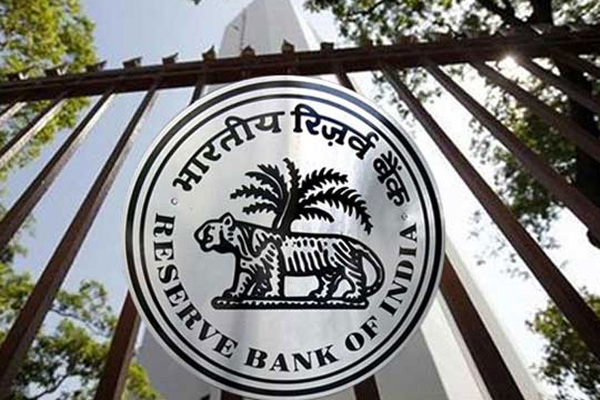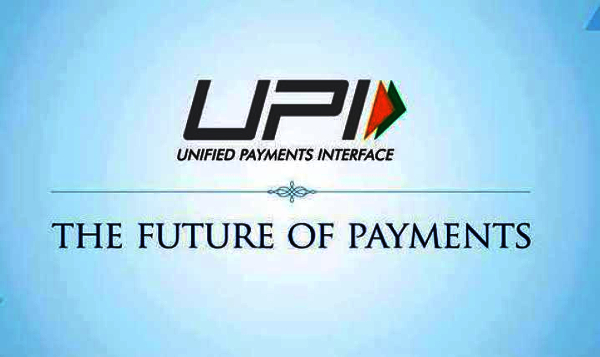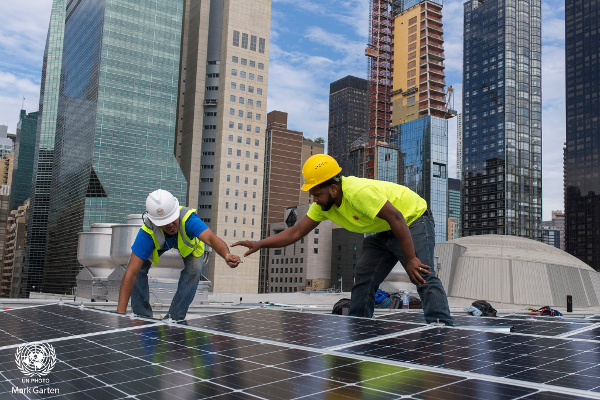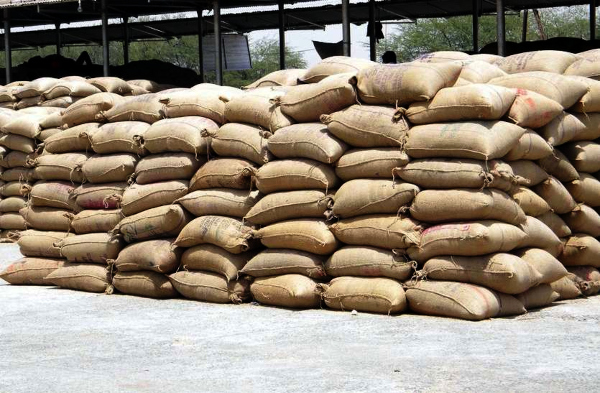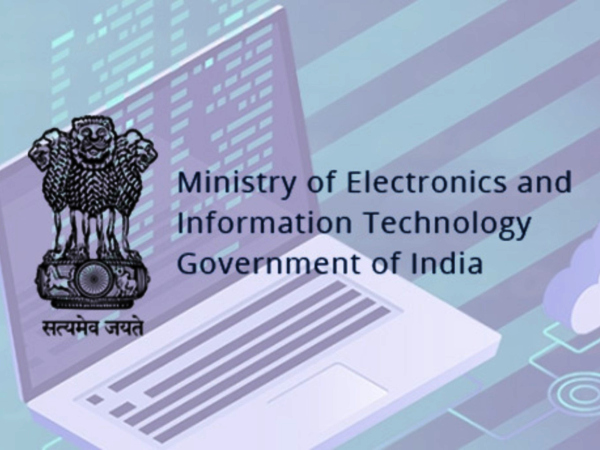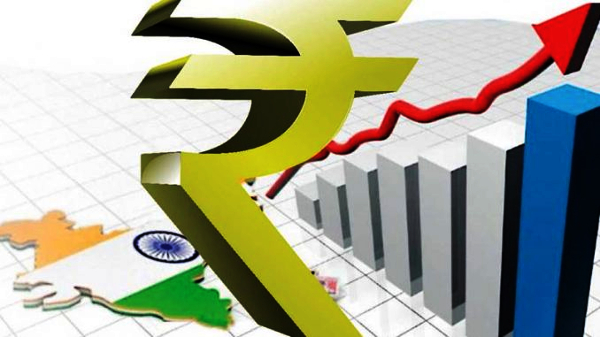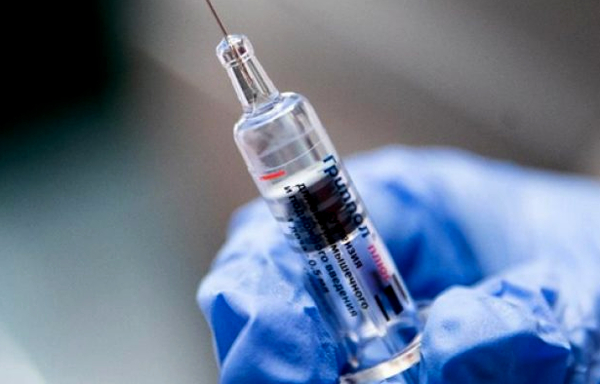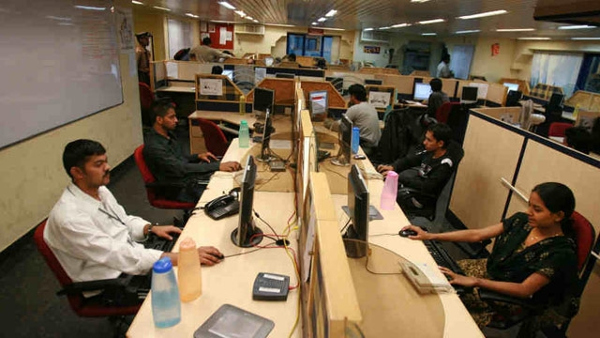PM to Launch Two Innovative Customer Centric Initiatives of RBI Today
The RBI Retail Direct Scheme is aimed at enhancing access to government securities market for retail investors. It offers them a new avenue for directly investing in securities issued by the Government of India and the State Governments. Investors will be able to easily open and maintain their government securities account online with the RBI, free of cost.
